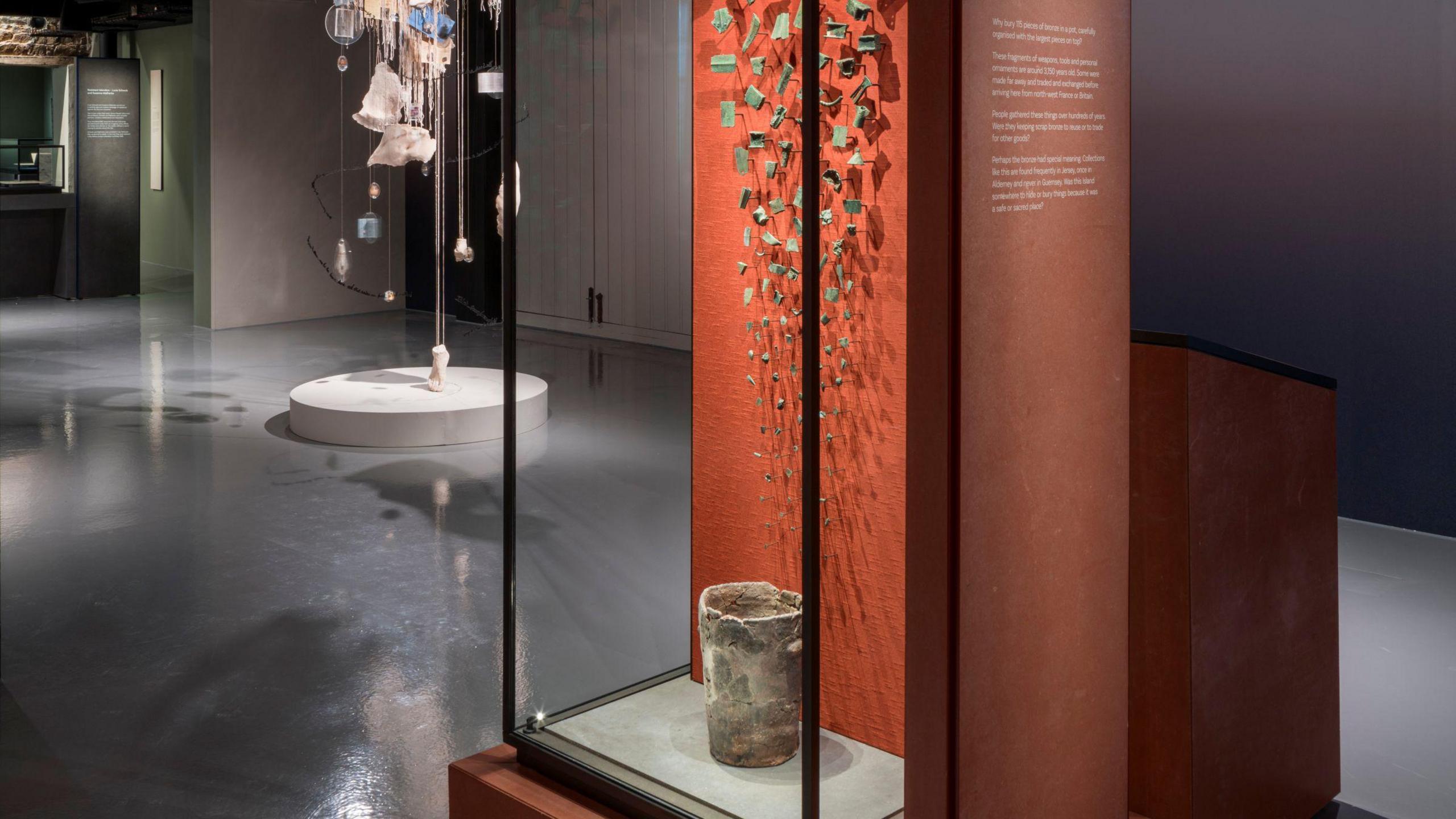London team helps Jersey with archaeological finds
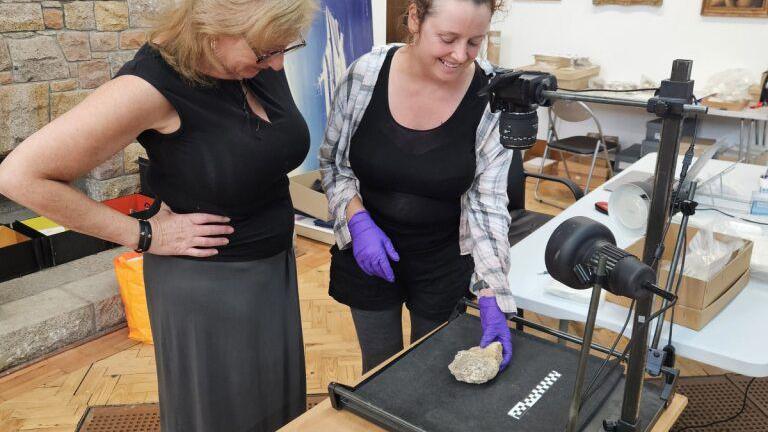
Jersey Heritage says archaeologists from the University College London Institute of Archaeology are visiting the island
- Published
Archaeologists from London are visiting Jersey to help catalogue and store hundreds of ice age animal bone from an ancient site.
Jersey Heritage said while the items, found before 1960 at La Cotte de St Brelade, had been subjected to detailed work, the early finds were yet to be studied using modern scientific techniques.
It said visitors could meet the team from the University College London (UCL) Institute of Archaeology for a free "Meet the Collections" event on Saturday at Sir Francis Cook Gallery.
The finds, which are part of a Société Jersiaise collection, include a fragment of woolly mammoth bone and lots of pieces of horse, red deer, bison, and bear bones, said Jersey Heritage.
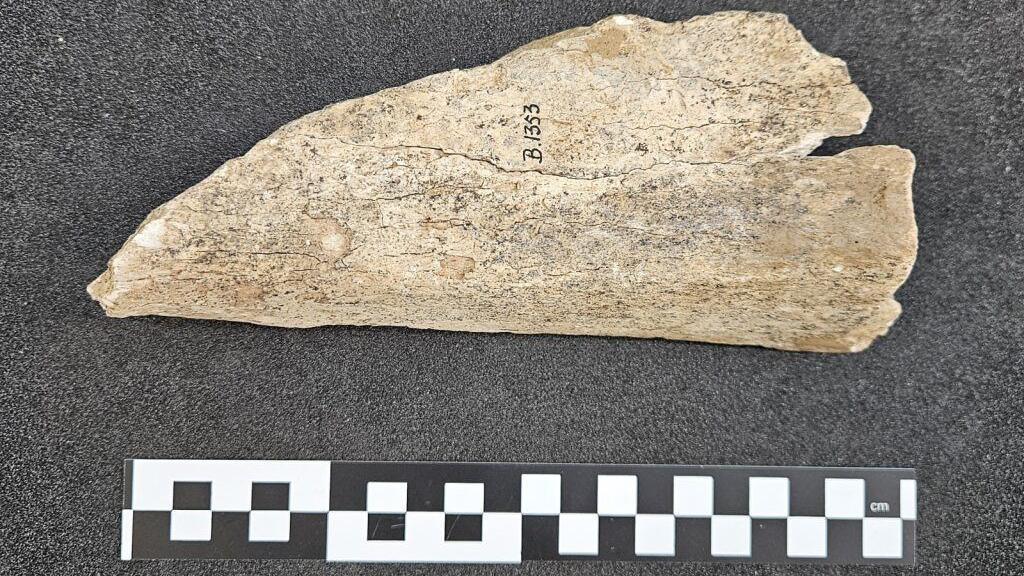
Dr Matt Pope from UCL says it is exciting to be part of the "really important process"
It added the UCL team was interested in the remains of animals that may have been hunted by some of the last surviving Neanderthal groups in the region.
Jersey Heritage said: "There is no reason why some of these fragments of bone might not be from the Neanderthal people themselves."
Curator of archaeology at Jersey Heritage, Olga Finch, said: "It's great to have the expertise of the London team to undertake this curatorial work and provide a detailed catalogue, which the public and researchers can access to learn more about this important story in the Island's history."
Dr Matt Pope from UCL said it was exciting to be involved in the "important process".
"This is one of the most important collections of Ice Age animal bone in the region and we are getting every ready to unlock its secrets," he added.
Follow BBC Jersey on X, external and Facebook, external. Send your story ideas to channel.islands@bbc.co.uk, external.
Related topics
Related internet links
- Published12 September 2024
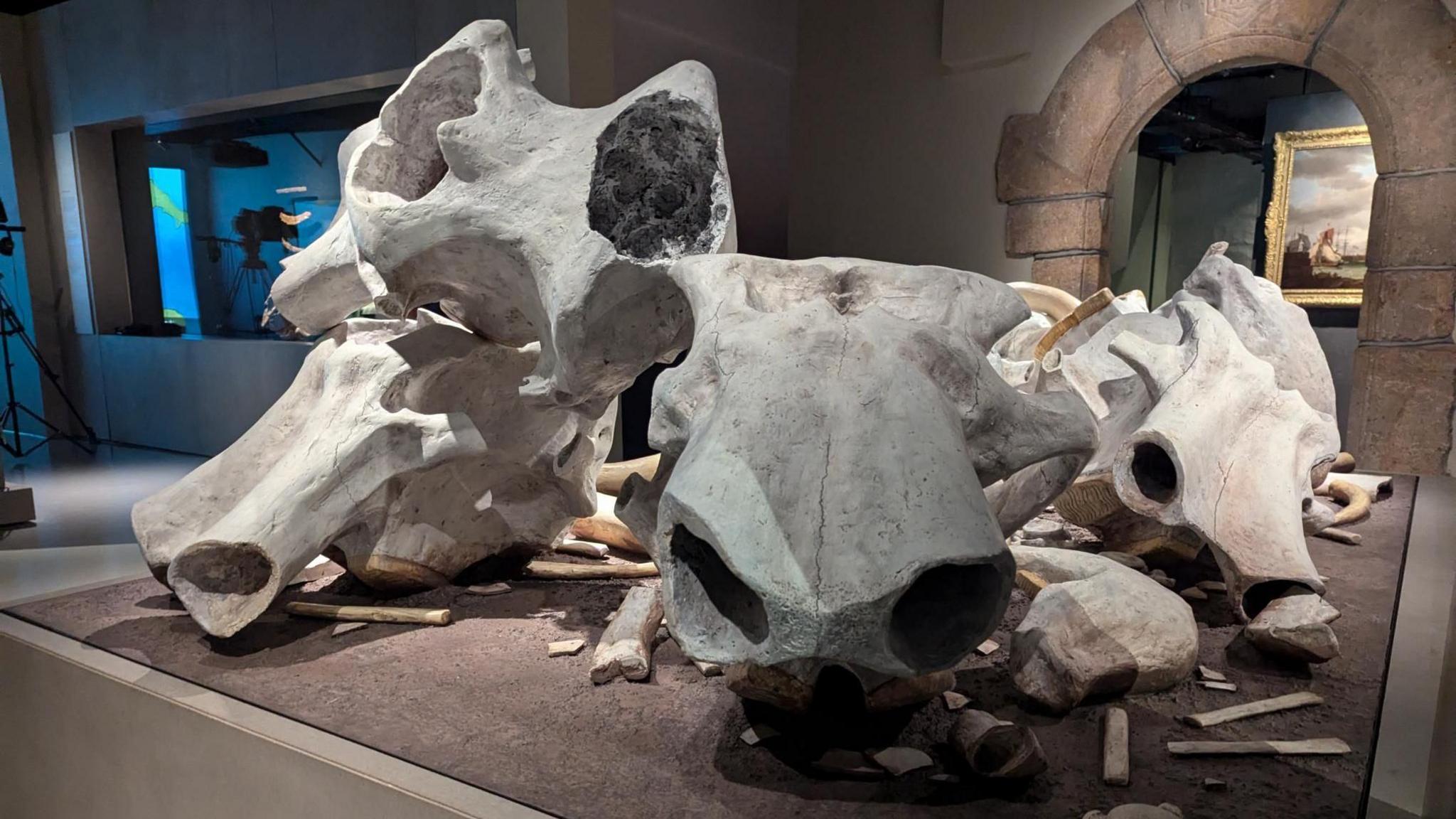
- Published9 January
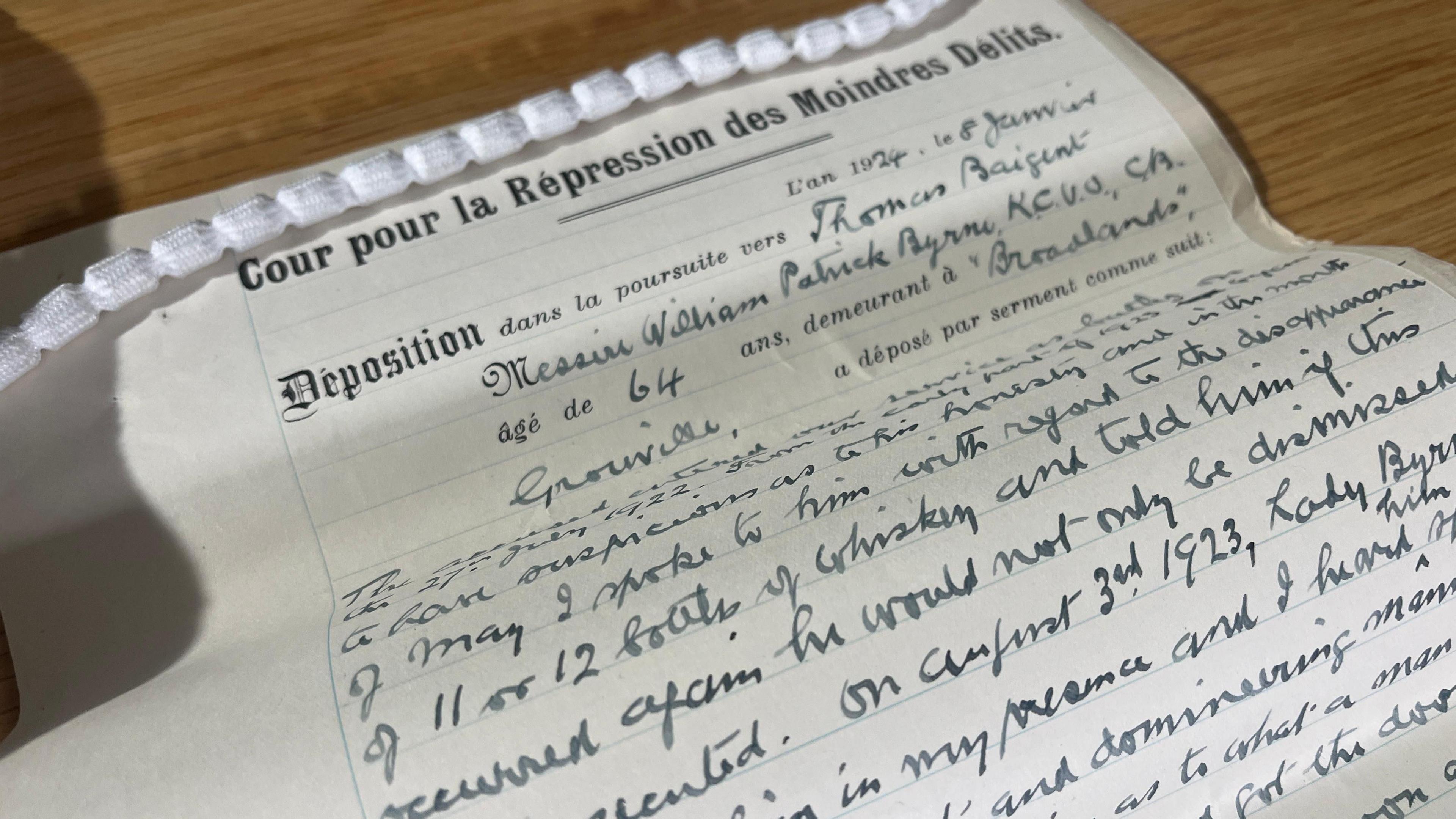
- Published15 July
